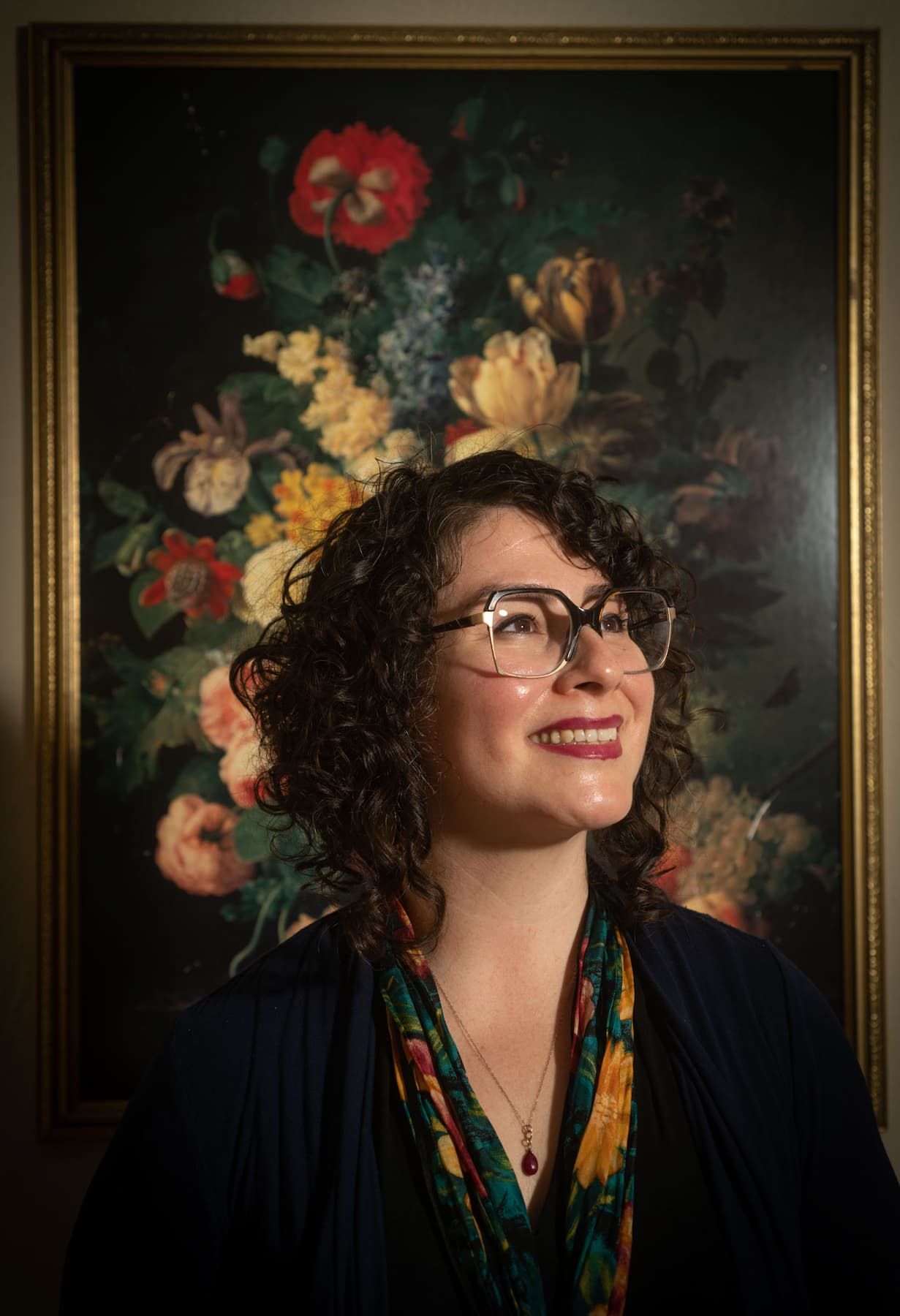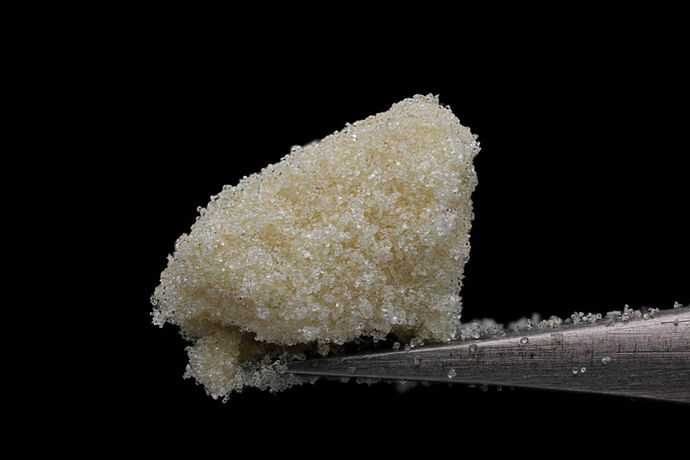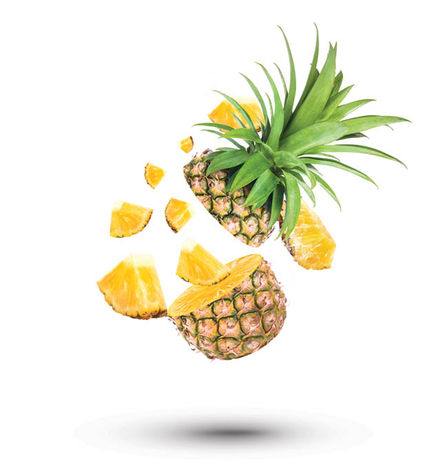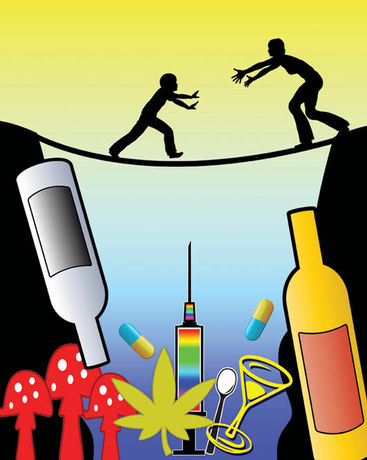Women’s health holds a host of wonder and woe. You can wash these words down with a glass of confidence, knowing they’ve been penned by a person of the uterus-possessing persuasion – one writer that (ripening into her 30s and the pressures of modern society) is increasingly surrounded by the mysteries of Mary Jane and the female body. So, we sat down with Dr. Celeste Saenz of Vitalis Naturopathic Centre in Seattle – a primary care physician and naturopath with a doctorate from Seattle’s renowned Bastyr University and 15 years of experience – for a little perspective.
For the last five years, Dr. Saenz has seen 20-40 patients per week at her clinic Vitalis. While she welcomes all clients, her specialty is in women’s health with a focus on “foundational medicine like food, sleep, nutrition and counseling.” Her day-to-day practice involves bloodwork, functional analysis, homeopathic and energetic medicine, but as we learned quickly, Dr. Saenz draws from a rich history of holistic and matriarchal medicine.
What inspired you to specialize in holistic women’s health care?
My great grandmother was a midwife and a healer from Mexico City. She got her gynecology medical degree, but in Mexican culture it’s all about what I would call ‘kitchen medicine,’ because there’s not very much money or access. She would babysit me until I was about 10 or 12, and I was exposed to her way. She did the kind of midwifery thing: birthing children and stuff in her home, which is really cool. I know it was just a blessing to be exposed there. She would see her patients and always had food going … After seeing to their needs, she would sit her patients down and they would have a meal. She would take a couple of notes, and so it would almost just look like a traditional visit.
What gaps in women’s healthcare do you see in conventional or mainstream medicine?
I think the most fundamental gap is the time that we spend with our patients. In women’s health especially, it is kind of detective work and very individualized care … every woman’s body is uniquely experiencing her hormonal shifts, or things like sleep and diet.
What women’s wellness issue needs more attention?
I think the sleep issue is getting pretty bad these days: sleep, detox and stress management. Rounding out stress needs to be addressed on a kind of spiritual and personal level. I think women have, in some ways, lost the artform of de-stressing. I think the rounding out of the stress, or the lack of valuing that, has really made a huge difference in women’s PMS, menstrual cycles, sleep and weight. It changes the rhythm of a woman’s body. Sleep is the first thing that a lot of my new patients are coming in to talk about. They come in like, ‘How do I get to sleep? I’m so stressed out!’ It’s sort of common right now. Biochemically, their cortisol levels are too high.
Do you incorporate Cannabis into any of your practices or treatments?
Most people, especially in Seattle, come in and Cannabis is a part of their repertoire, so I’ll sort of help to tweak that or communicate to optimize their experience. And the old school treatments of putting marijuana in some alcohol and using it as muscle rub is something I used to prescribe for many years. But now we’ve got so many amazing local topical products, it’s incredible!
Have you had experience with pregnant patients using Cannabis?
Most of my pregnant patients – I would say those that are Cannabis users – continue to use throughout their pregnancy in different ways and forms, especially CBD topicals. When I prescribe something to my pregnant patients, it’s mostly CBD topicals used on their hips, knees or back, or something to help them sleep. I have a lot of colleagues that are CBD advocates or marijuana advocates – and have been pregnant – and they use marijuana all the time throughout pregnancy.
Cannabis use and pregnancy still stir up some controversy, but the plant has been a tool in ‘kitchen medicine’ kits like your great grandmother’s for ages. Why do you think that is?
It’s the most ancient medicine. This is an old herb. This is a female ovary plant and we’re using this medicine with lots of oils – it’s almost like a milk (laughs) and we’ve been using it as pain relief and emotional support for so long. It’s old and so is mothering! They’ve been evolving together for a while and go hand in hand. My great grandmother was using that [Cannabis] topically, and I’m pretty sure she would use some of it internally when necessary with nausea or even psychosis. Pregnancy can bring a lot of emotional components out. So a little bit of internal use is valid when necessary. Again, it’s so individualized but I’m not shy about that. It’s a taboo topic for some, so I don’t start there unless the patient is already there. Then I help triage that further.










